3 min read
Greenville Entrepreneur Paige McPheely on Raising a $2.6MM Seed Round
Assistants are often seen as a nice-to-have, a luxury designed for successful, time-crunched business executives. For many, “assistant” conjures the...
4 min read
Written by Caroline Jennings, Apr 9, 2021

This post is part of The Founder Factor, where we bring you behind the scenes with South Carolina’s most impactful entrepreneurs so that you can discover the strategies, ideas, and mindsets you need to unlock your next business breakthrough.
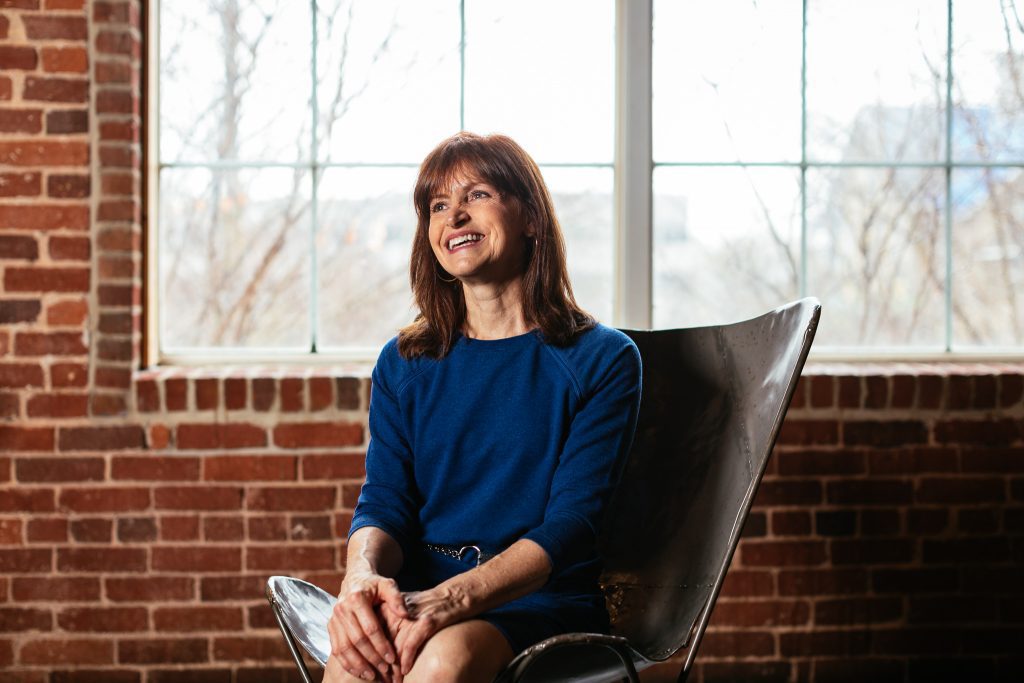
One of the prerequisites for acceptance was being a tech company, and Wilton’s clothing business Authored didn’t have any basis in software. Nonetheless, in August 2020, Authored was selected as one of just ten startups across the country to participate in this prestigious cohort of industry trailblazers. In fact, after seeing a demo of Authored’s clothing for the first time, the Managing Director Jason Townes personally asked Wilton to apply.
At its core, Authored is a clothing company that provides stylish, functional apparel for those with physical constraints and health challenges – including the elderly and disabled. But a deeper look into the business reveals that Wilton’s mission runs much deeper than simply outfitting people in better clothing.
“Our apparel enables people to dress themselves so that they can be actively engaged in living – not just exist,” Wilton asserts.
Authored’s clothing features a range of clever details designed to address people’s unique mobility challenges – whether that is pulling a shirt over their heads, zipping down their pants to use the restroom, or dressing and undressing while sitting down. Furthermore, there are no irritating seams or scratchy fabrics that so often cause people distress.
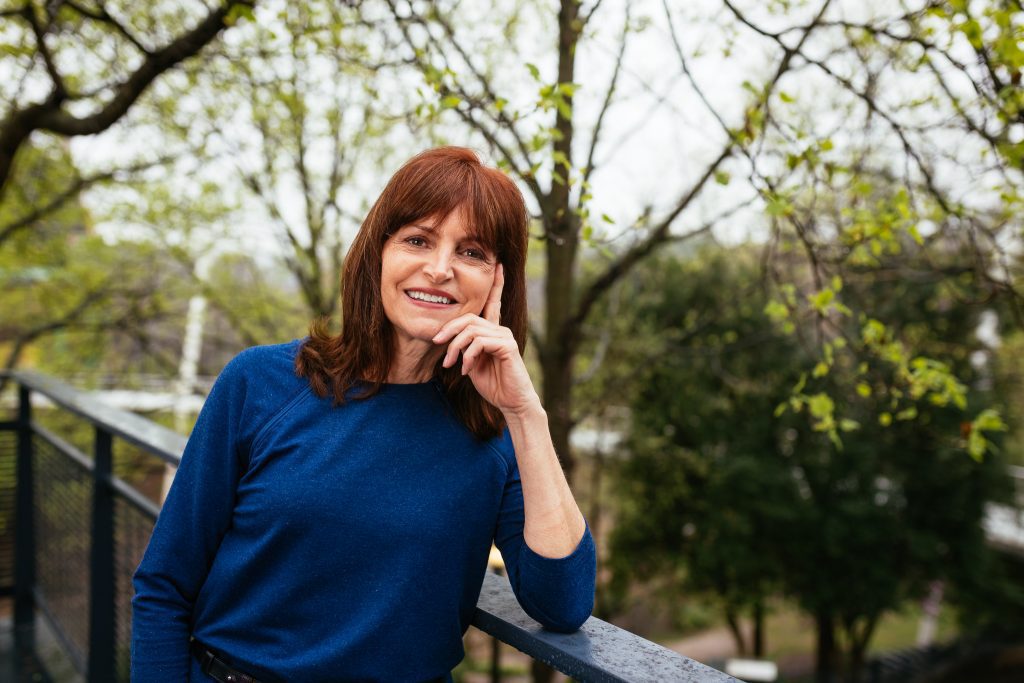
To determine what features were most important to her audience and engineer her clothing accordingly, Wilton conducted hundreds of interviews with people across the caregiving spectrum – care recipients, caregivers, doctors, nurses, family members, and assisted living community employees, to name a few.
“Everyone had a different perspective on what the primary needs were,” Wilton says. To caregivers, the key was creating clothing that would prevent them from having to strain themselves when dressing or undressing patients. To many family members, it was all about making their loved one look how he or she used to look to avoid discomfort and distress. To assisted living community laundry staff, the answer was using fabric that wouldn’t fall apart in their hospital-grade washers and dryers.
“When you have hundreds of people seeing the elephant differently, it’s amazing what you can discover,” Wilton says. “My years of gathering research have given me eyes to see and ears to hear what I didn’t before.”
One of Wilton’s biggest aha moments was when she realized she shouldn’t be telling people how much they needed her apparel. In fact, she discovered that she should be telling them just the opposite.

She saw the value of this approach time and again – a wife defensively asserting that of course she can dress her husband; an 80-year-old man saying that he likes the clothing, but he would get on just fine without it.
“It’s all about perceived need, for both caregivers and care recipients,” Wilton explains. “It’s a pride thing – people don’t want to feel like they require help. And they certainly don’t want you telling them they need help.”
Wilton also discovered how heavily shame factors into the equation, and how often shame can transform into complacency (or worse, just giving up).
She recalls one particularly powerful moment at a Greenville Area Parkinson’s Society event when she saw a woman sheepishly lingering near the Authored kiosk. When Wilton introduced herself, the woman admitted that she struggled to dress herself and had to ask her husband for help every morning. She hated being a “burden” to her husband in this way.
“I asked her if she wanted to try on a sample of clothing, and she looked around the room nervously. You could see the embarrassment in her eyes,” Wilton recalls. That’s when she offered to take the woman into the ladies’ room and help her try on the clothes in private.
“It was incredible – she got the zipper on her shirt pulled all the way up to the final inch. You could see the joy in her eyes,” Wilton says. “She could once again be an active participant in dressing herself and relieve her husband of the burden she perceived.”
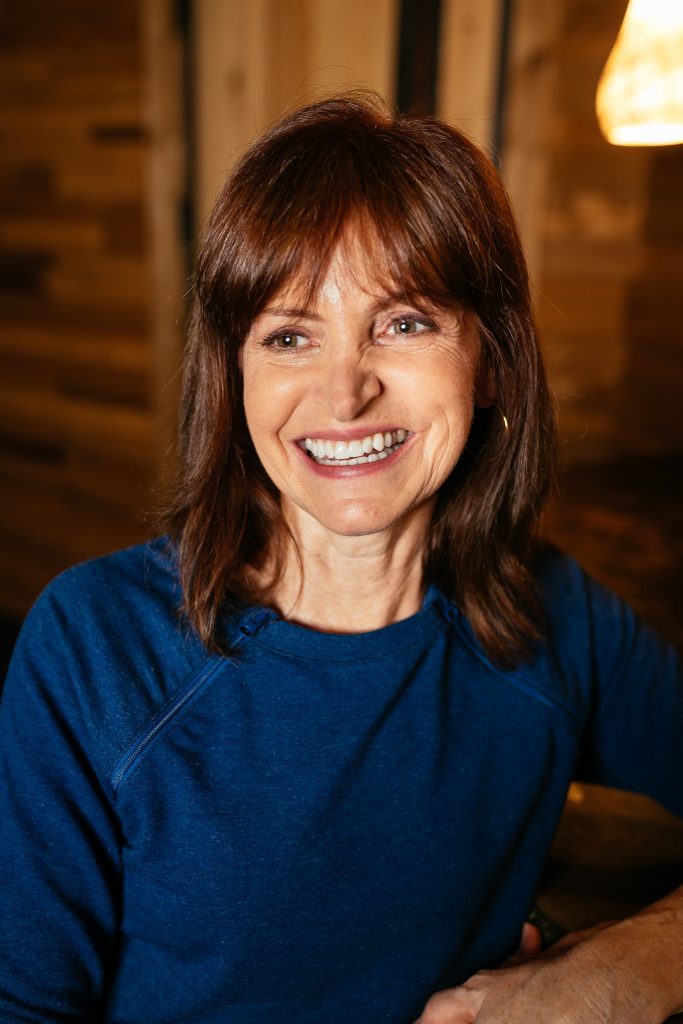
Over the years, Wilton has discovered what an important role language plays in empowering people in this way. In fact, part of her three months with Techstars was spent working with people to find language to convey the mission of Authored in a way that’s not intrusive or demeaning. Instead of framing Authored apparel as durable medical equipment (DME) or a tool for those struggling with disability, she has found that the best strategy is positioning it as lifestyle clothing designed to maximize comfort and dignity.
Wilton is all too familiar with the fact that language can have a powerful effect on how people perceive themselves. As a ninth-grader, after receiving treatment for scoliosis at Shriners Hospital, she was put in a Milwaukee back brace and sent off to the “McKean County Crippled Children’s Society” for monthly visits. “I came back from those appointments with a completely different perception of who I was,” she relates. “I saw myself as a walking Frankenstein’s bride.”
After graduating college, one of the first items on Wilton’s to-do list was convincing the Board to change the name of the institute to something less stigmatizing. Because of Wilton’s efforts, the organization now proudly bears the name “McKean County Care for Children.”
“Now, children who need services at this center need not be marginalized or labeled as ‘crippled,’” she says. “And they don’t think of themselves that way, either.”
Today, nearly three decades later, Wilton is on a similar mission – just on the other end of the age spectrum.
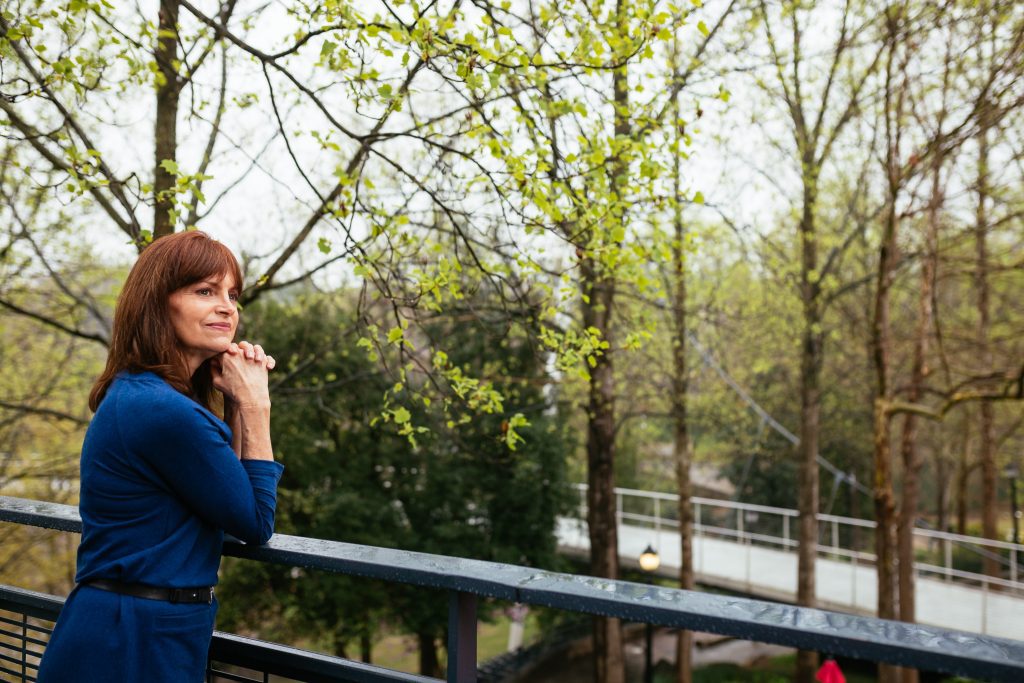
Follow Brenda and her story on LinkedIn, or find Authored Apparel on the web at AuthoredApparel.com.
Designli leads clients through the design and development of complex digital products, bringing startups and entrepreneurs from “Vision to Version 1.” Ready to bring an app or web-app to life? We’re here to help.
The Founder Factor is brought to you by Designli (South Carolina’s top app development firm) and Word of Web (your partner in website strategy and design). Follow our content here on the Designli blog, or on YouTube, Spotify, or wherever you get your podcasts.
Subscribe to our newsletter.

3 min read
Assistants are often seen as a nice-to-have, a luxury designed for successful, time-crunched business executives. For many, “assistant” conjures the...

As a board member of a dozen different startups, Pancoast has formed a keen eye for what it takes to keep a company afloat and is sharing his wisdom...
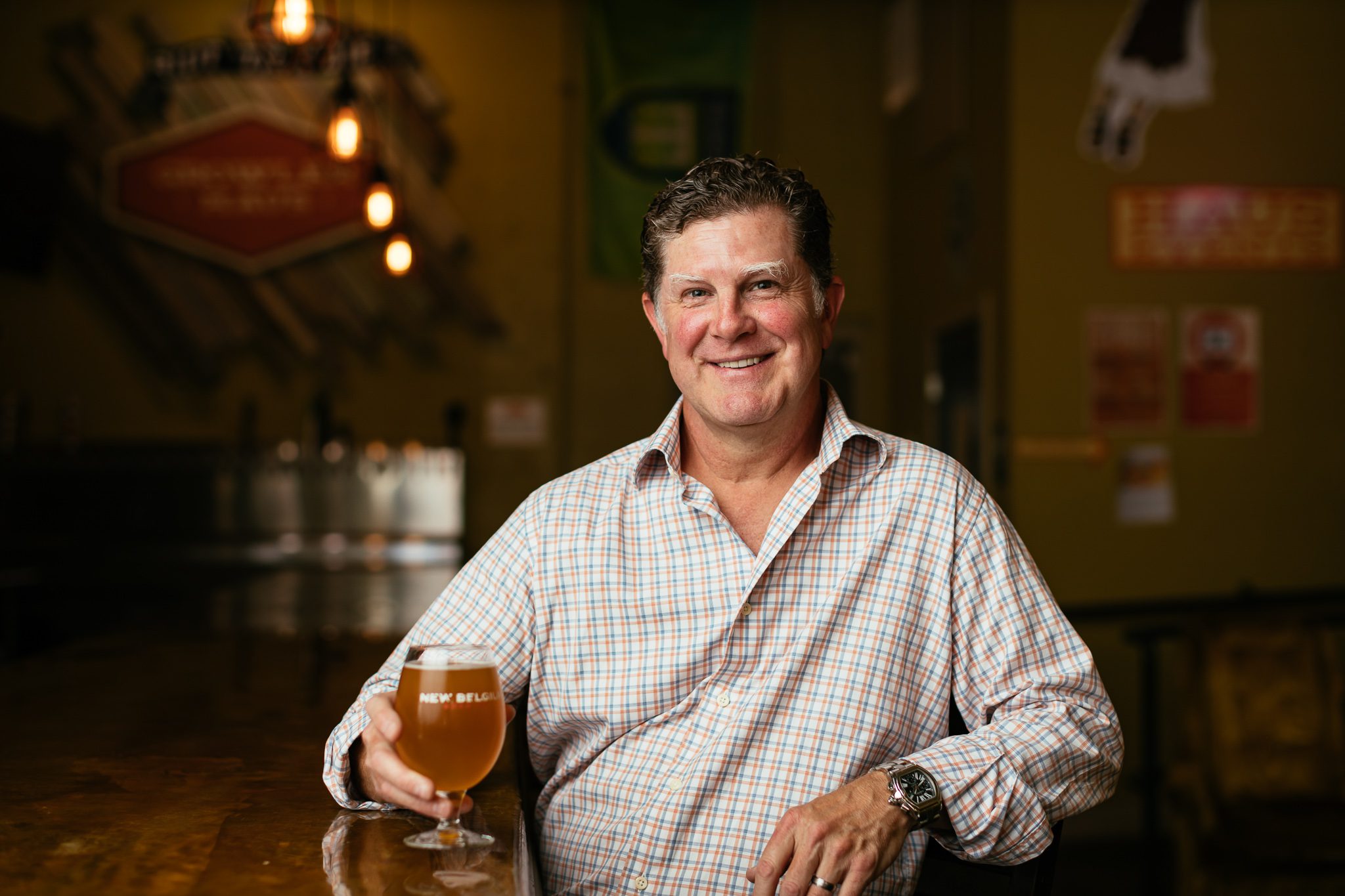
From founding South Carolina’s beloved Growler Haus franchise to launching business incubators across the state, Anderson native Craig Kinley has...